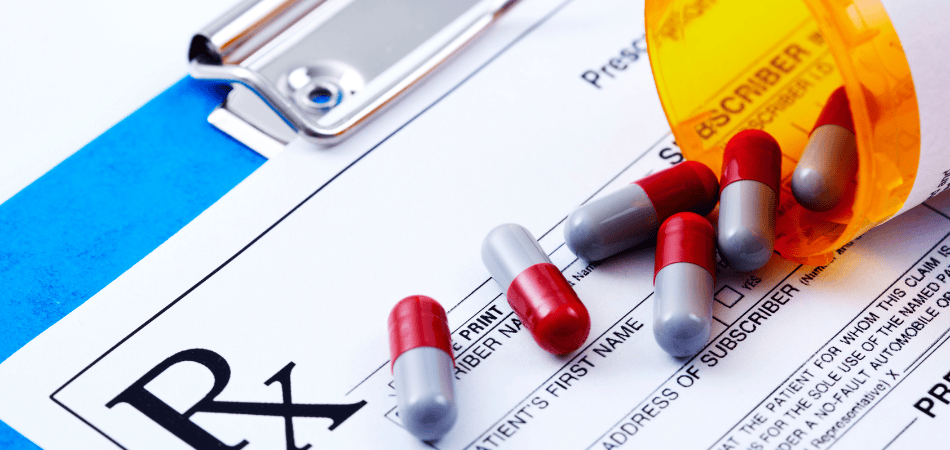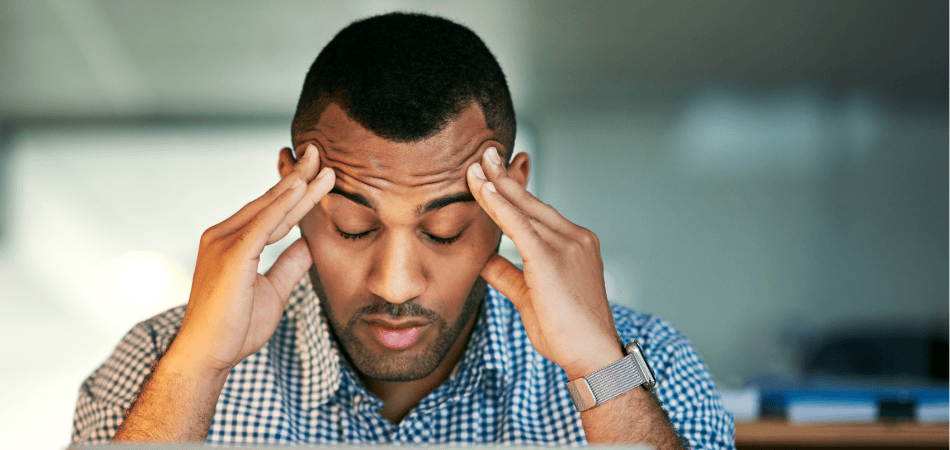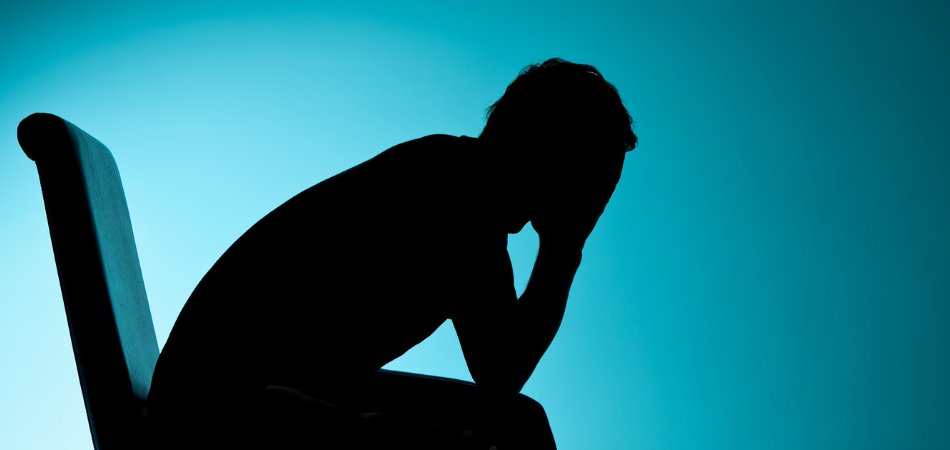
Written by:

Medically Reviewed by:
Last Updated:
January 15th, 2025
Klonopin addiction
What is Klonopin addiction?
Klonopin, also known as Clonazepam, is a prescription medication commonly used to treat anxiety, panic disorders and seizures. As part of the benzodiazepine family, it works by calming the brain and nerves, providing relief from overwhelming symptoms. However, its calming effects also come with a risk of dependency, particularly if used over a longer period than prescribed.
In the UK, Klonopin is classified as a controlled substance, meaning it’s only available with a doctor’s prescription and its use is carefully regulated due to concerns over misuse and addiction.
Is Klonopin addictive?
Klonopin can be addictive, especially if it’s misused or taken for longer than prescribed. This is because Klonopin affects the brain’s neurotransmitters, leading to calming effects that can become physically and psychologically addictive over time. When taken more frequently or in higher doses than recommended, the body starts to rely on it to feel normal, making it difficult to stop.
When someone becomes dependent on Klonopin, stopping it can lead to withdrawal symptoms like anxiety, insomnia, irritability and, in more severe cases, tremors or seizures. These symptoms make it even harder to quit, as the body has grown used to the drug’s effects. It’s important to recognise these signs and understand that addiction can develop gradually, even when the medication starts out as a way to manage anxiety or sleep issues.
What are the Klonopin addiction signs?
Understanding the signs of Klonopin addiction is crucial, whether you’re worried about yourself or someone close to you. The effects of addiction can be subtle at first, but recognising these signs early can make all the difference in seeking help and preventing things from worsening.
Here are the signs of Klonopin addiction broken down into three key areas:
Physical signs
- Unusual drowsiness or fatigue, even after adequate rest
- Slurred speech or difficulty with coordination
- Dizziness, blurred vision or persistent headaches
- Withdrawal symptoms like shaking, sweating or nausea when the medication is missed
Psychological signs
- Increased anxiety or panic when Klonopin isn’t available
- Cravings or obsessive thoughts about when the next dose will be taken
- Difficulty concentrating or memory problems
- Growing tolerance, requiring more Klonopin to achieve the same calming effect
Behavioural signs
- Taking more than prescribed or using someone else’s prescription
- Neglecting responsibilities at work or home due to the need to use or recover from Klonopin
- Isolating from friends or family to hide the extent of use
- Lying or being secretive about how much or how often the medication is taken
How can a person become addicted to Klonopin?
It doesn’t matter if you’ve used Klonopin legally under a prescription or perhaps even recreationally; because it’s a benzodiazepine, the risk of becoming addicted is always present.
Understanding how addiction can develop is an important step in recognising the signs and seeking help if needed.
Following prescribed dosages for extended periods
Even when Klonopin is taken exactly as prescribed, the body can build up a tolerance over time. This means that the same dose becomes less effective, prompting either an increase in dosage or reliance on the medication to feel ‘normal’. Many people fall into this trap without realising it until they try to stop and experience withdrawal symptoms.
Using Klonopin recreationally
Some individuals may experiment with Klonopin for its calming effects or to achieve a sense of relaxation. Using it recreationally, especially without medical guidance, can quickly lead to dependence. Since benzodiazepines like Klonopin can create intense feelings of euphoria, the brain begins to crave this sensation, leading to repeated use and potential addiction.
Self-medicating for stress or anxiety
A person might start using Klonopin outside of medical advice to manage stress, anxiety or even to cope with difficult emotions. Initially, it might seem like a solution but over time, the brain becomes accustomed to relying on the drug to handle these feelings. This self-medicating behaviour can escalate into a physical and psychological dependence on the medication.
Taking higher doses than prescribed
Some people find that their prescribed dose no longer provides the relief they once felt, leading them to increase their dosage without consulting a doctor. This can set off a dangerous cycle of increasing use, as the body builds up a tolerance faster than expected. Once someone starts increasing their dosage, dependence often follows.
Mixing Klonopin with other substances
People who mix Klonopin with alcohol or other drugs, either to intensify its effects or to manage withdrawal symptoms, increase their risk of addiction. This combination can be dangerous and heightens the chances of physical and psychological dependence. Mixing substances not only complicates the body’s reaction but also makes quitting much harder.
Am I addicted to Klonopin?
Addiction can sneak up on anyone and Klonopin is no exception. Even if you’re using the drug exactly as prescribed, it’s essential to keep tabs on yourself and recognise any signs that things may be getting out of hand. One of the best ways to check in on yourself is by answering honest questions about how you’re feeling and how you’re using Klonopin. Being mindful of these changes can help you catch any early signs of dependence or addiction.
Here are five questions to consider:
- Do you find yourself needing to take more Klonopin than before to feel the same effects?
- Do you feel anxious or uneasy when you miss a dose or try to reduce your intake?
- Have you noticed that you’re taking Klonopin for reasons other than what it was prescribed for?
- Do you feel that your day revolves around ensuring you have enough Klonopin to get by?
- Have you experienced withdrawal symptoms, such as shaking or extreme irritability, when trying to stop or reduce your Klonopin use?
If you’ve answered ‘yes’ to any of these questions, it might be time to reassess your relationship with Klonopin.
Where can I get help for Klonopin addiction?
If your healthcare provider thinks you might be struggling with Klonopin addiction, there are different ways to get help and one of the most effective is through inpatient rehab. At Liberty House, we offer a specialised Klonopin rehab programme that’s tailored to guide you through recovery with care and understanding.
The first step is detox, which is necessary to clear Klonopin from your system safely. This can be tough but with medical support, we’ll make sure you’re as comfortable as possible during this process.
After detox, the focus shifts to therapies designed to help you heal. We offer traditional treatments like DBT and group counselling to address the emotional and psychological sides of addiction, while holistic therapies such as yoga and art provide a more rounded approach to recovery, helping you reconnect with yourself in new ways.
When rehab ends, our aftercare services are there to support you as you adjust to life outside, ensuring you have a safety net as you move forward.
If you or someone you love is battling Klonopin addiction, reach out to Liberty House today—we’re here to help you take that first step toward a healthier future.





